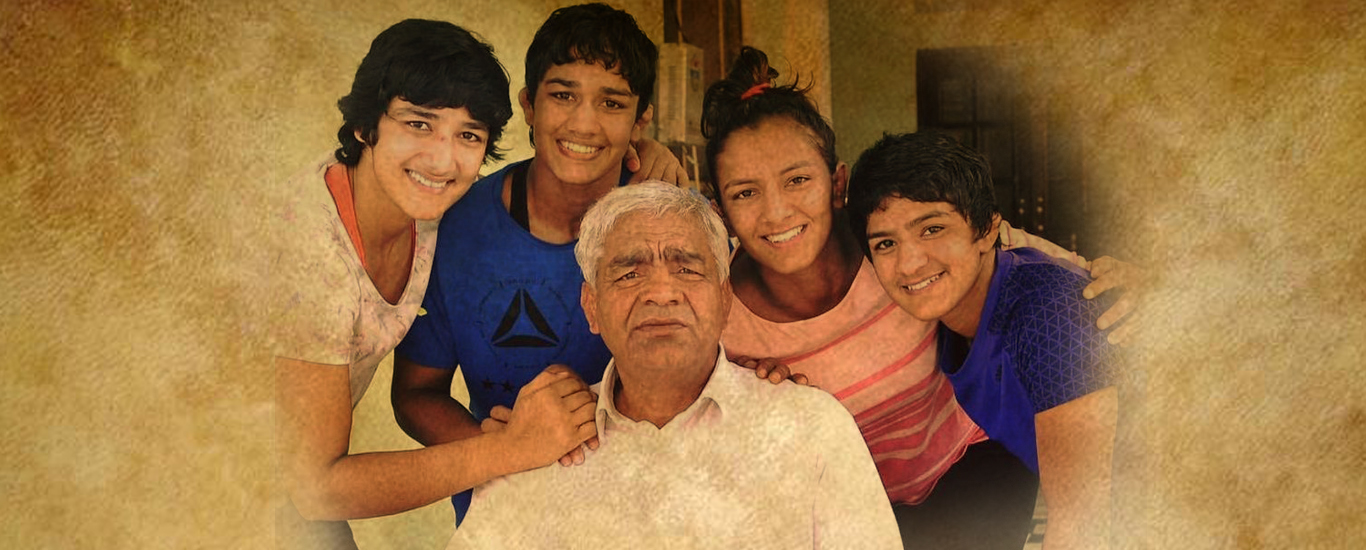India’s first world cup 1983 Team India
25th June 1983, the day which brought fame and glory not only to themselves but to the whole country. Making every single citizen proud when India became world champions. 734 million Indians hold their breath and celebrated.

In the final match team, India defeated West Indies who were considered the most fearsome team in the world at that time. At one point it seemed as West Indies had the match in their name. But fortune favored the brave and India got the better of their opponent. Captivatingly, India became the first country to win the tournament apart from West Indies who won the cup the previous two cups.
How did India win the 1983 world cup? In all the pre-World cup punditry, no one, not even Indians suggested that India had any chances of emerging as winners. But once they did, it changed the course of cricket’s future. With no expectations riding on India’s fortunes, the team went into the tournament with the idea of just having fun. India did not have a great overall one-day record either, having won only 12 out of its 40 matches. In terms of win-loss ratio, among the test playing nations, India was only ahead of Sri Lanka, a team that had attained Test status only a year earlier. It was little wonder that the bookmakers had placed India at odds as long as 66-1 to lift the 1983 World Cup. However, there were a few positives.
Shortly after Kapil Dev had taken over as captain, India recorded a rare victory against the mighty West Indies in Berbice. And they repeated the trick in their opening World Cup game, beating the holders West Indies by 34 runs at Old Trafford. Apart from the West Indies, the sides drawn alongside India were Australia and Zimbabwe. India went on to suffer consecutive defeats, first to Australia and then to the West Indies, and that set up a key clash against Zimbabwe at Royal Tunbridge Wells. Zimbabwe had already handed Australia a shock defeat and was on course to do the same to India.
At one point, India was struggling at 17 runs for the loss of 5 wickets, and their World Cup hopes were hanging by a thread. It was then that Kapil Dev pulled off one of the greatest rescue acts in cricket history by scoring an unbeaten 175 of just 138 balls with 6 sixes and 16 fours. Although Dev’s innings were never broadcast due to the BBC strike, it is etched in Indian cricketing folklore and is widely considered as the tipping point for Indian cricket.
Gaining momentum, India defeated England in the semi-final, a game in which England were the overwhelming favorites with the bookmakers at 1/50. The England team of David Gower, Ian Botham, and Bob Wilis were booked for 213 which India chased down with a little more than 5 overs to spare. Mohinder Amarnath picked up the match award having scored 46 runs and taken 2 wickets for an economical 27 runs in 12 overs.
India met West Indies in the final at Lord’s. It is said that many Indian households turned off their televisions and radio sets midway through the match. India had been skittled out just 183 and most expected, a runaway victory for the West Indies. Only Kris Srikkanth and Mohinder Amarnath had put up any significant resistance as a pace attack led by Andy Roberts and Malcolm Marshal ripped through the Indian batsmen. At the break, however, Kapil was typically defiant
“We may not have a winning total but we have a fighting one,” he said. By the time the West Indies reached a total of fifty, India had claimed two wickets. But with Clive Lloyd at the crease and Viv Richards in a typically belligerent mood, it still looked like a West Indies game. But soon Richards fell, mistiming a short ball towards the mid-wicket region where Kapil, running backward, took a stunning catch that turned the course of the match. Wickets fell in a heap after that as the defending champions were undone by some clever bowling by Kapil, Madan Lal, Roger Binny, and Amarnath, who again ended up as a man of the match for his 26 runs and three wickets. Binny ended up as the leading wicket-taker of the tournament with 18 wickets. Kapil Dev and his team became national heroes overnight. The win kindled India’s romance with one-day cricket and, four years later, India co-hosted the World Cup with Pakistan, the first time the tournament was hosted away from England.
The team has brought pride to the countrymen with their efforts and hard work to make the tricolor flag wave around the gallery. The year remained as a moment of history that will be marked in the memory of every Indian citizen. Kapil Dev’s



